年初に立てた英書52冊チャレンジですが、13冊目に選んだ本は、”Embracing Defeat – Japan in the Wake of World War II” という本で、この本は、アメリカ人の歴史家である、ジョン・W・ダワー氏が1999年に出版して、荘厳で美しい文章と評されてピューリッツア賞を受賞しています。
内容は、1945年8月から1952年4月にかけて連合国によって占領された日本の社会、経済、文化、政治的状況を、ダグラス・マッカーサー政権、東京裁判、天皇の人間宣言、新憲法起草などのトピックに触れながらアメリカ人歴史家の視点で日本の戦後史が描かれています。
700ページ近い大作で、毎日少しづつ内容を噛み締めながら読んでいますが、ようやく550ページほどあたりまで進みました。
戦後の日本は、GHQ(連合国軍最高司令官総司令部)が描いたシナリオのもと、それまでの帝国主義から民主主義国家に向かっていくわけですが、その統治期間は1945年9月2日から、1952年4月28日までの7年間。
この占領下という特殊な環境は、日本人及び日本という独立国家の主体性を奪ったとともに、戦後米国の安全保障の傘のもと、日本は経済活動に専念して奇跡の経済復興を遂げるわけです。
こうして、日本は自らの意思で民主主義を望んだのではなく、外からの外圧により国の体制が変わったこともあり、それは今でも、日本は民主主義後進国と言われたり、民主主義という皮を被った共産国家などと揶揄される原因となっているのではないでしょうか。
日本は建国から2,681年という長い歴史を持ちますが、1926年から1989年の63年間にわたる昭和という時代は、第二次世界大戦敗戦、占領下における民主主義国家への転換、その後の高度経済成長と激動の時代でした。
時代は、平成を経て、令和となっていますが、国家という観念が薄くなっていく中、今こそ私たち個人が積極的に国民の幸せのためにどのような国作りをしていくべきかを考え、その考えをどんどん発信していくべきだと思いました。
私自身は、日本がまさに高度経済成長を迎えているときに生を受け、バブル経済の最中に就職したので、正直あまり日本を変えて行かなくてはいけないというような切迫感は若い時には薄かったのですが、中学生になった娘や、若い人の未来を考えると、大人は、これまでに溜まった負の精算をして、少しでも若い人に明るい未来を残せるようにしたいと思うようになりました。
(English)
The 13th book in the 52 English Books Challenge I set at the beginning of the year is Embracing Defeat – Japan in the Wake of World War II, published in 1999 by American historian John W. Dower. The book was published in 1999 by John W. Dower, an American historian, and was awarded the Pulitzer Prize for its solemn and beautiful writing.
It describes the social, economic, cultural, and political situation in Japan during the Allied occupation from August 1945 to April 1952, touching on topics such as the Douglas MacArthur administration, the Tokyo Trials, the Emperor’s Declaration of Humanity, and the drafting of the new Constitution, as well as the postwar history of Japan from an American historian’s perspective.
It is a large work of nearly 700 pages, and I have been reading it every day, taking in a little bit of the content each day, but I have finally made it to about page 550.
Postwar Japan moved from imperialism to democracy under the scenario drawn up by GHQ (General Headquarters, Supreme Commander of the Allied Powers), which ruled Japan for seven years from September 2, 1945, to April 28, 1952.
This special environment of occupation deprived the Japanese people and the independent nation of Japan of their independence, and under the postwar U.S. security umbrella, Japan concentrated on economic activities and achieved a miraculous economic recovery.
Japan did not voluntarily seek democracy, but rather changed its system of government due to external pressure, and this is probably the reason why Japan is still derided as a backward democracy or a communist state under the skin of democracy.
Japan has a long history of 2,681 years since its foundation, but the Showa period of 63 years from 1926 to 1989 was an era of upheaval, including the defeat in World War II, the transition to a democratic nation under the occupation, and subsequent rapid economic growth.
As the Heisei era has passed and the nation has become less and less of a nation, I believe that now is the time for us as individuals to actively think about what kind of nation we should build for the happiness of our people and to communicate these ideas more and more.
I myself was born when Japan was in the midst of its rapid economic growth and started working during the bubble economy, so I honestly did not have a strong sense of urgency to change Japan when I was young. However, when I think about my daughter, who is now in junior high school, and the future of young people, I have come to think that adults should try to settle the accumulated negative feelings and leave a bright future for young people.
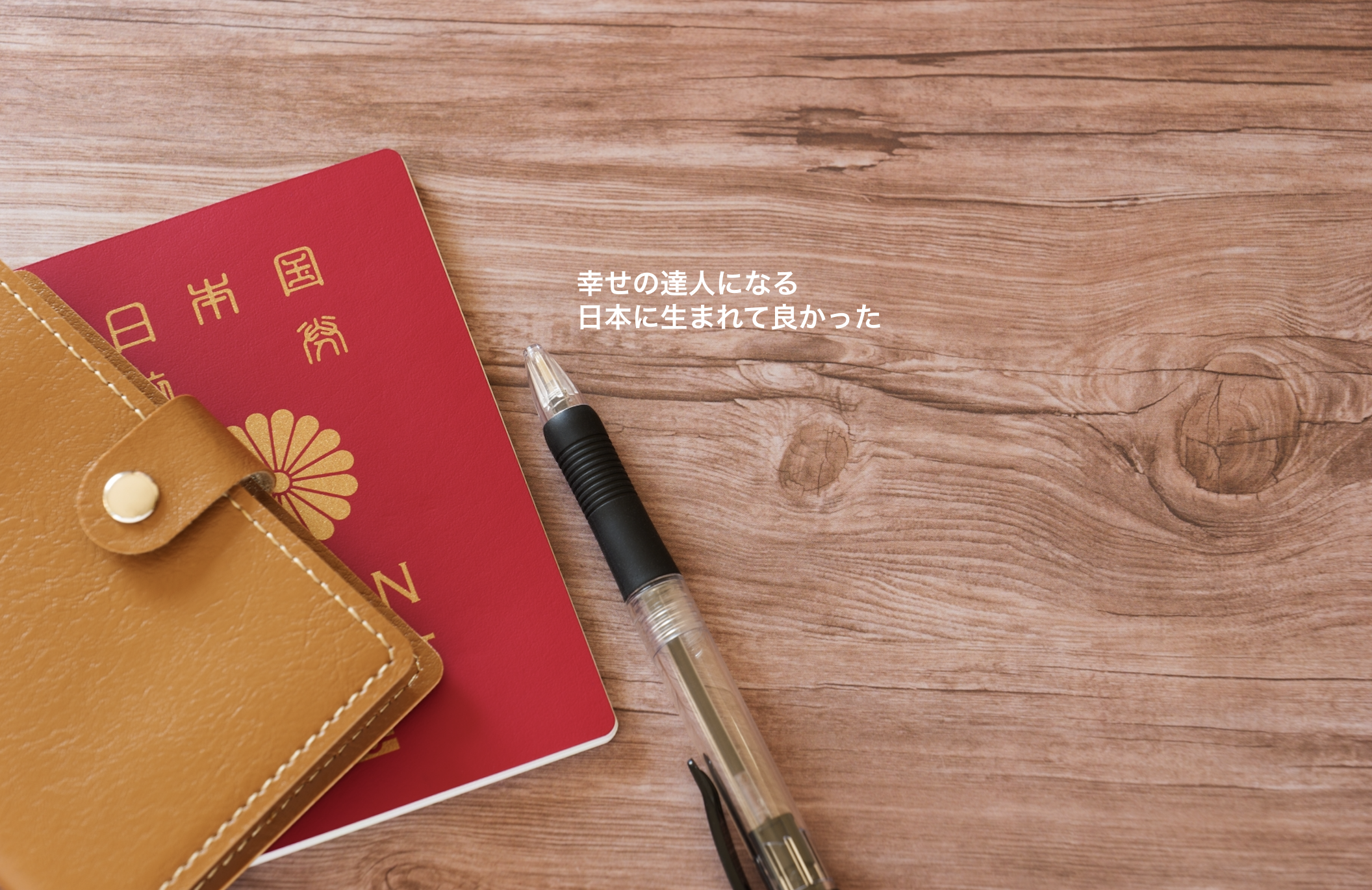
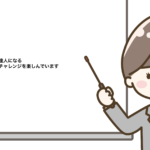


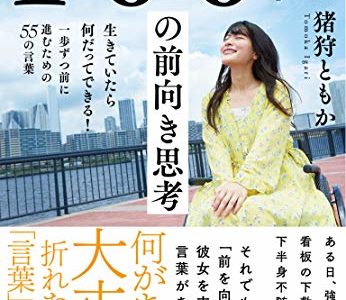

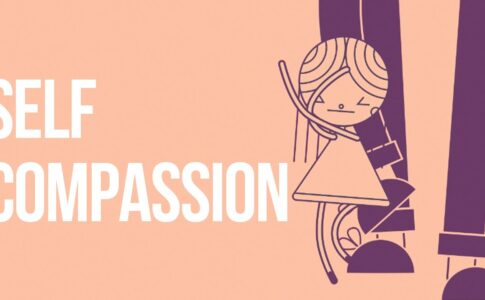
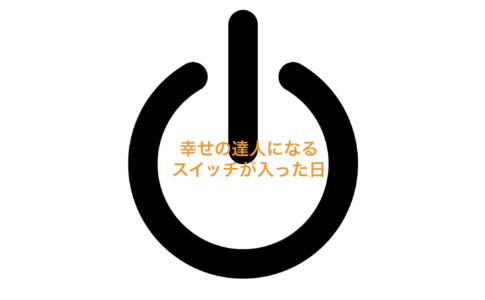

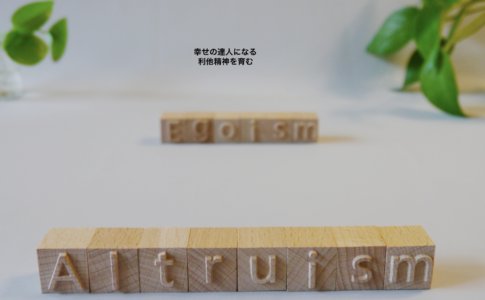
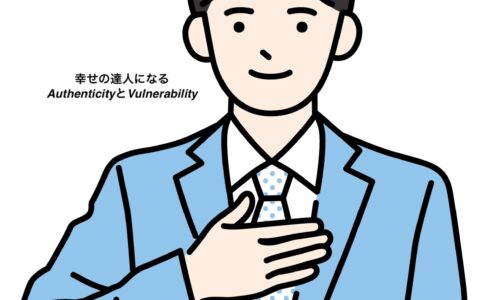
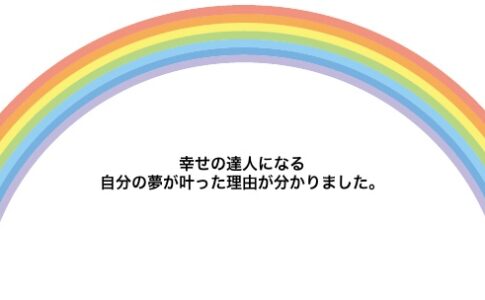
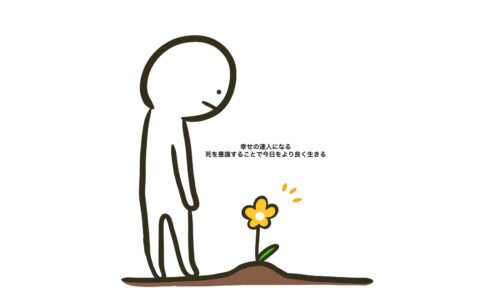
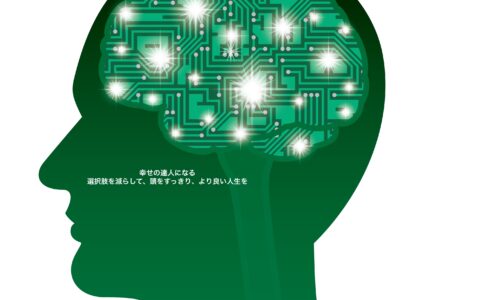

日本はオワコンというような悲観論がよく聞かれますが、戦後の奇跡的な復興を成し遂げた日本人。どんな逆境にも不屈な精神で立ち向かい、世界から見ても一目置かれている日本人。その証拠に、日本のパスポートで渡航できる国は他のどの国よりも多い192カ国です。日本に生まれて良かった。